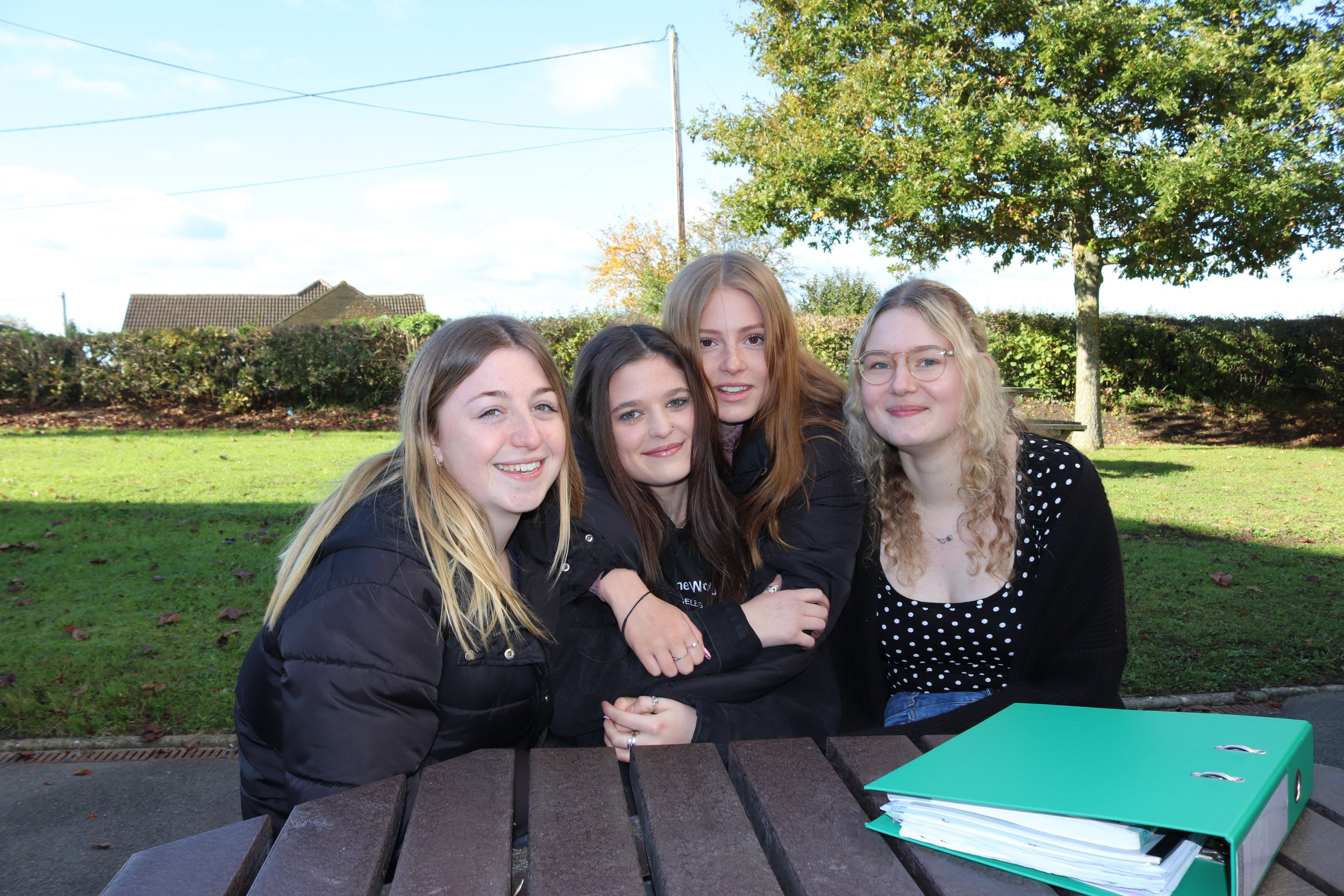Sixth form English Literature
"A word after a word after a word is power." – Margaret Atwood
Type: A Level
Contact: Mr Hawker
Course Overview
English Literature offers the opportunity to explore a wide range of novels, plays, and poetry from different time periods and cultures. This course encourages you to read critically, analyse texts, and develop a deep appreciation for literature.
What will I learn?
You will study a variety of literary genres and themes, focusing on significant works from tragedy, crime writing, and political and social protest writing. You will also engage in a re-creative or comparative analysis through coursework.
How will I be assessed?
The course is assessed through two written exams (80%) and a non-exam assessment, where you write essays comparing different texts (20%).
Progression
English Literature is excellent preparation for a wide range of careers, including law, publishing, education, and media. It also supports applications for higher education in any humanities or arts discipline.
What are the enrichment opportunities?
Alongside course-specific theatre trips, students will have the opportunity to enrich their learning through creative writing and public speaking competitions, literature appreciation clubs and debating club, which also offers the opportunity to enter national competitions.

